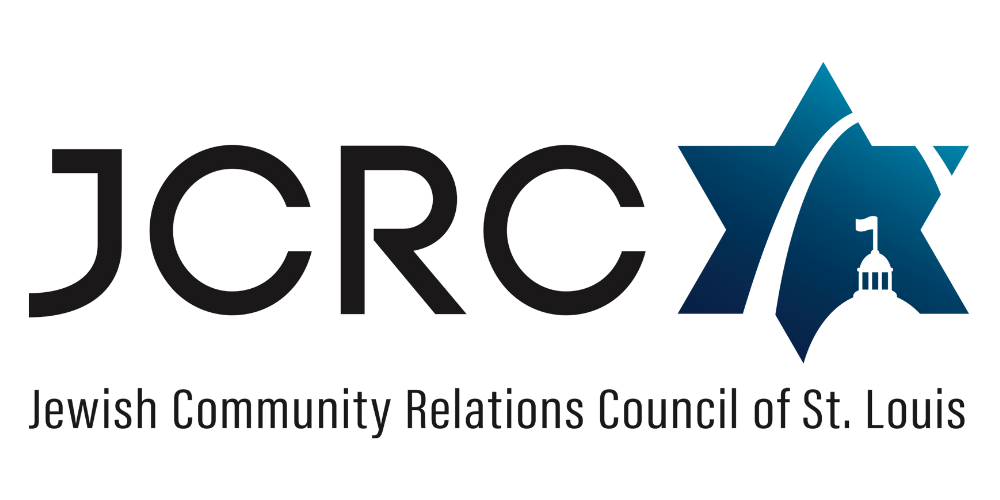November 1995 Religious Symbols
The following proposal was passed by a vote of 23 for, 6 against, and 3 abstentions:
The recurring issue of the display of religious symbols on public property raises fundamental issues regarding the proper place for religious expression and the nature of American pluralism. The Jewish Community Relations Council of St. Louis supports and encourages the display of religious symbols such as menorahs, crèches, and crosses on private property, including synagogue and church owned property and private homes and lawns. Such displays are appropriate expressions of religious faith, and evidence the religious diversity and pluralism, which are inextricably interwoven into the cultural fabric and history of the United States.
The JCRC is firmly opposed to any display of purely religious symbols paid for or sponsored by municipalities or government entities. Such displays violate the Establishment Clause of the First Amendment to the United States Constitution.
The JCRC further opposes privately sponsored unattended displays of religious symbols on government-owned property. Such displays are inappropriate in that, by purpose and effect, they tend to be perceived as governmental endorsement of the religion whose symbol is displayed, or if the symbols of many religions are displayed, of religion in general. Even reasonably informed observers may perceive such displays on government property as communicating disapproval of religions whose symbols are not displayed, thus sending a message of non-inclusiveness to members of the community who are adherents of minority religions, or who are not members of any religion, that their participation in society is of lesser value, and that they are not full members of society. Causal observers and children are especially likely to perceive the display of religious symbols on government-owned property as communicating governmental endorsement of the religion or religions whose symbols are on display, particularly when religious symbols are displayed on public property near government buildings such as city halls or county courthouses. In communities around the country, private displays of religious symbols on public property have tended to invite displays by hate groups.
The JCRC is aware that the recent United States Supreme Court decision in Capital Square Review Board v. Pinette, 132 L.Ed.2d 650 (1995), held that (except in unusual circumstances) privately-sponsored unattended displays of religious symbols must be allowed on government-owned property if non-religious privately-sponsored unattended displays are permitted on that same property, a decision with which the JCRC respectfully disagrees. However, the Court made clear that government entities may prohibit entirely private unattended displays of religious symbols on their property if all private unattended displays are so prohibited. The JCRC strongly believes that municipalities and other governmental entities should adopt this suggested course of action and ban all privately sponsored unattended displays on public property. In most communities, there are ample privately owned spaces in which such privately-sponsored displays can be located, thus avoiding complications arising from entanglements between government and religion.
To the extent that a governmental entity nevertheless chooses to allow private unattended displays on some government-owned property, it:
• should prohibit entirely unattended displays inside, or on the grounds of, the seat of government (e.g. city halls or county government center) or other government offices;
• must ensure that all religious groups, as well as non-religious groups, are allowed equal access to display their symbols or messages;
• may not show favoritism to one religion or viewpoint over others; and
• should require that appropriately-sized signage, clearly visible to passersby, be placed on or near the display identifying the sponsoring organization and stating that the presence of the display does not constitute government endorsement of this or any religious symbol.

